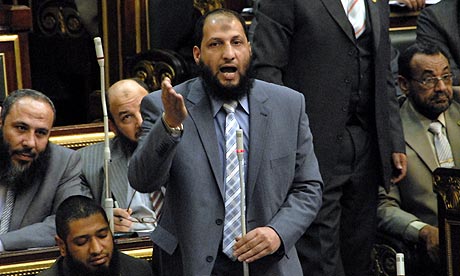He won’t utter the R word. He won’t call it racism. His job matters. It took the President of the United States of America one month to comment on the gruesome killing of an unarmed black teenager by a white guy with a weapon. His crime? He was black. The President of the United States of America will not say it.
Instead he said:
If he had a sister, she’d look like Whitney Houston. What does this really convey? Nothing.
He wants to humanise it, make the Americans feel like they are one big family. It is such a lie, such a lie in Georgia, in Harlem, in the fetid streets where they don’t give a damn about who is looking, but they can beat the shit out of the ‘other’. Yeah, sure, not all whites have jobs, not all whites have it good. No. they do not. But he knows it is different. He ought to know for when he became the first black president of the United States of America he was basking in his blackness, this otherness, this chance to bring about change. He did not. He could not. He became just another mainstream guy, as white as snow. Even the white Cheney looks evil. But not our man Obama.
One month later he wakes up from his sleep to tell his people:
How? He does not know? Of course, there should be investigations; for that he did not need 30 days. He does not have to pull up all American parents, and ride on their backs. He can express his views. He must stand up for what is right and what is wrong legally, criminally, and racially. He should have the courage to utter the word and not push it under the carpet like so much dust.
If he had come out earlier, there would not be scenes of little kids holding placards in the streets, crying for justice. Already, there are attempts at giving another perspective, anonymous eyewitnesses. It is a shame to see black wearing hoodies, making it beyond a symbol of cultural clothing. It is eerie that they are highlighting it, for it could become one more reason to be beaten up, easily identified as they are. They are not wearing sharp suits and designer gowns and getting their athletic healthy training with organic food added to their menu.
No, mastah, they dun have it so good.
(c)Farzana Versey
Instead he said:
“If I had a son, he’d look like Trayvon.”
If he had a sister, she’d look like Whitney Houston. What does this really convey? Nothing.
He wants to humanise it, make the Americans feel like they are one big family. It is such a lie, such a lie in Georgia, in Harlem, in the fetid streets where they don’t give a damn about who is looking, but they can beat the shit out of the ‘other’. Yeah, sure, not all whites have jobs, not all whites have it good. No. they do not. But he knows it is different. He ought to know for when he became the first black president of the United States of America he was basking in his blackness, this otherness, this chance to bring about change. He did not. He could not. He became just another mainstream guy, as white as snow. Even the white Cheney looks evil. But not our man Obama.
One month later he wakes up from his sleep to tell his people:
“I can only imagine what these parents are going through. And when I think about this boy, I think about my own kids. Every parent in America should be able to understand why it is absolutely imperative that we investigate every aspect of this and that everybody pulls together — federal, state and local — to figure out exactly how this tragedy happened.”
How? He does not know? Of course, there should be investigations; for that he did not need 30 days. He does not have to pull up all American parents, and ride on their backs. He can express his views. He must stand up for what is right and what is wrong legally, criminally, and racially. He should have the courage to utter the word and not push it under the carpet like so much dust.
If he had come out earlier, there would not be scenes of little kids holding placards in the streets, crying for justice. Already, there are attempts at giving another perspective, anonymous eyewitnesses. It is a shame to see black wearing hoodies, making it beyond a symbol of cultural clothing. It is eerie that they are highlighting it, for it could become one more reason to be beaten up, easily identified as they are. They are not wearing sharp suits and designer gowns and getting their athletic healthy training with organic food added to their menu.
No, mastah, they dun have it so good.
(c)Farzana Versey









